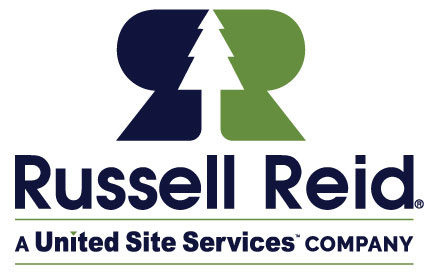The following are some things that we can all do to help protect our water quality. For more information, visit the NJ Department of Environmental Protection, Division of Water Quality http://www.state.nj.us/dep/dwq/
•Pick up after your pet. Properly dispose of pet waste into the trash or toilet. Animal waste contains coliform bacteria, which is harmful to our health and, when washed into swimming waters, can result in beach closings.
•Use natural pesticides such as milky spore and nematodes wherever possible. If you must use chemical pesticides, use them sparingly and in targeted areas.
•Maintain your septic system. Improperly maintained or failing septic systems will cause untreated wastewater to be discharged into the environment.
•Reduce, reuse and recycle materials whenever possible to create less waste, which could end up on our streets and contribute to stormwater pollution.
•Pick up trash and litter and put it in the trash. Keep trash cans closed to prevent trash from scattering. NEVER throw litter and debris directly into storm drains. Such debris can wash into waterways and onto beaches, and clogged drains can cause street flooding and traffic congestion.
•Always put your cigarette butts in ashtrays or garbage cans, do not throw them on to the ground or out of your car window. Proper disposal will help keep our waterways clean and minimize the risk of fires.
•Shop for nonhazardous, biodegradable and phosphorous-free household cleaning products.
•If you use water-based paints, rinse paint brushes in the sink. If you use oil-based paints, you can filter and reuse the thinner used to clean brushes. Dispose of thinner through a local household hazardous waste program. Visit http://www.state.nj.us/dep/dshw/rrtp/hhwcps.htm for a list of local household hazardous waste facilities.
•Sweep up dirt and debris and discard on your lawn or in the trash. Hosing off pavement washes pollutants into storm drains, which may lead to local creeks, bays and the ocean.
•Rather than wash your car in your driveway, on the street or in your yard, take it to a local car wash. This not only conserves water but also eliminates the running off of harmful pollutants.
•Dispose of unwanted chemicals at a household hazardous waste collection center in your area. Never pour hazardous materials into the street, sewer or the storm drain. For more information, visit www.state.nj.us/dep/dshw/rrtp/hhwcps.htm.
•Eliminate or, at least, reduce the use of soaps and shampoos when using outdoor showers that drain to the street.

